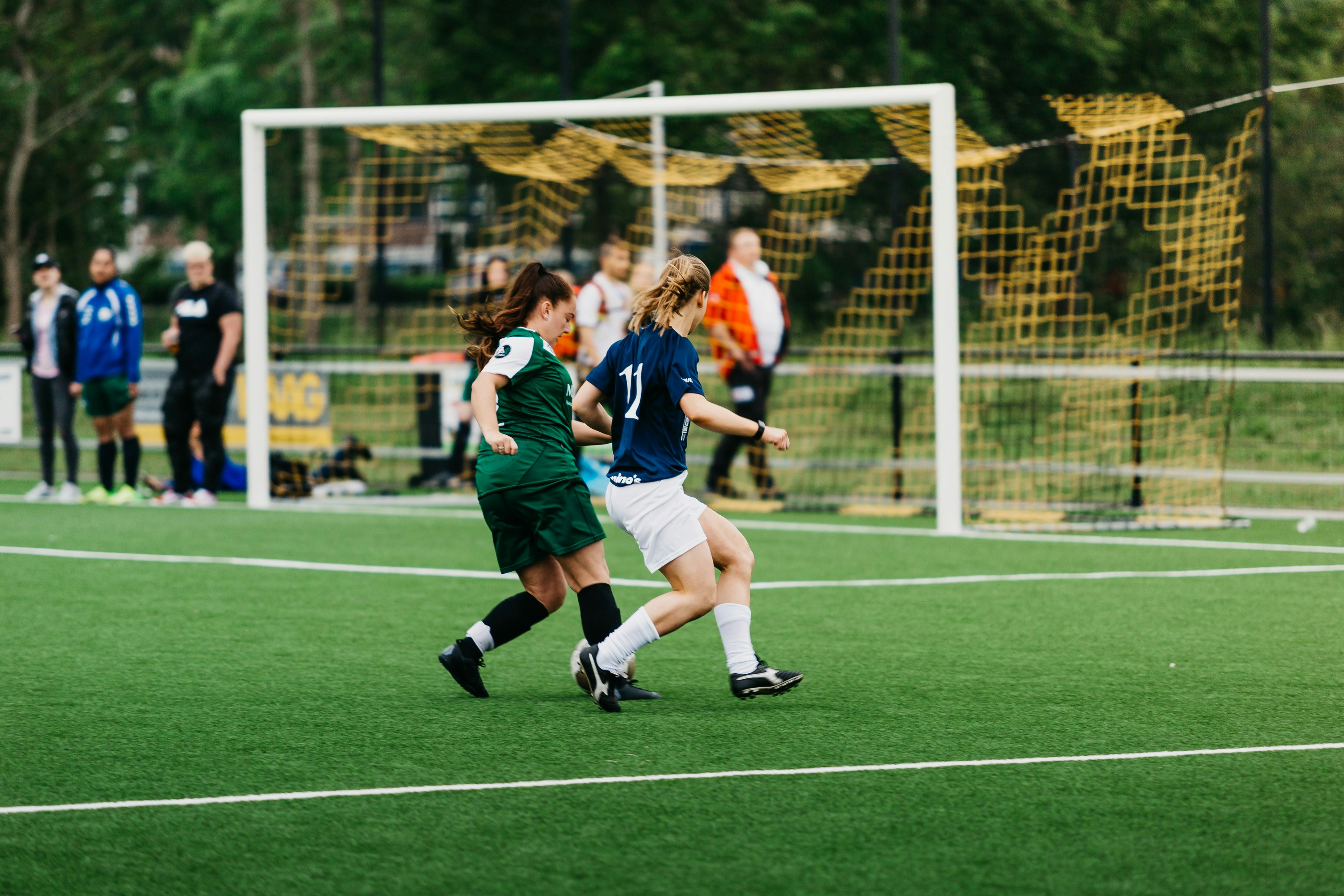News release
From:
JAMA
About The Study: In this study of 4,360 patients with traumatic brain injury (TBI), functional limitations six months after injury were common after sports-related TBI, even mild sports-related TBI. Persisting impairment was evident in the sports-related TBI group despite better recovery compared with non–sports-related TBI on measures of mental health and post-concussion symptoms. These findings caution against taking an overoptimistic view of outcomes after sports-related TBI, even if the initial injury appears mild.
Authors: Lindsay Wilson, Ph.D., of the University of Stirling in Stirling, United Kingdom, is the corresponding author.
Attachments
Note: Not all attachments are visible to the general public.
Research URLs will go live after the embargo ends.

Research
JAMA, Web page
The URL will go live after the embargo ends
Journal/
conference:
JAMA Network Open
Organisation/s:
University of Stirling, UK
Funder:
Data used in preparation of this manuscript were obtained in the context of CENTER-TBI
(Collaborative European NeuroTrauma Effectiveness Research in Traumatic Brain Injury), a large collaborative
project with the support of grant 602150 from the European Union 7th Framework program. Additional funding
was obtained from the Hannelore Kohl Stiftung (Germany), OneMind (US), Integra LifeSciences Corporation (US),
and NeuroTrauma Sciences (US). Data for the CENTER-TBI study have been collected through the Quesgen e-CRF
(Quesgen Systems Inc), hosted on the International Neuroinformatics Coordinating Facility (INCF) platform and
extracted via the INCF Neurobot tool. Dr Steward was supported by grant U54 NS115322 from the National
Institute of Neurological Disorders and Stroke and the Football Association/Fédération internationale de football
association. Dr Ntikas acknowledges the support of Brain Health Scotland.



 International
International



